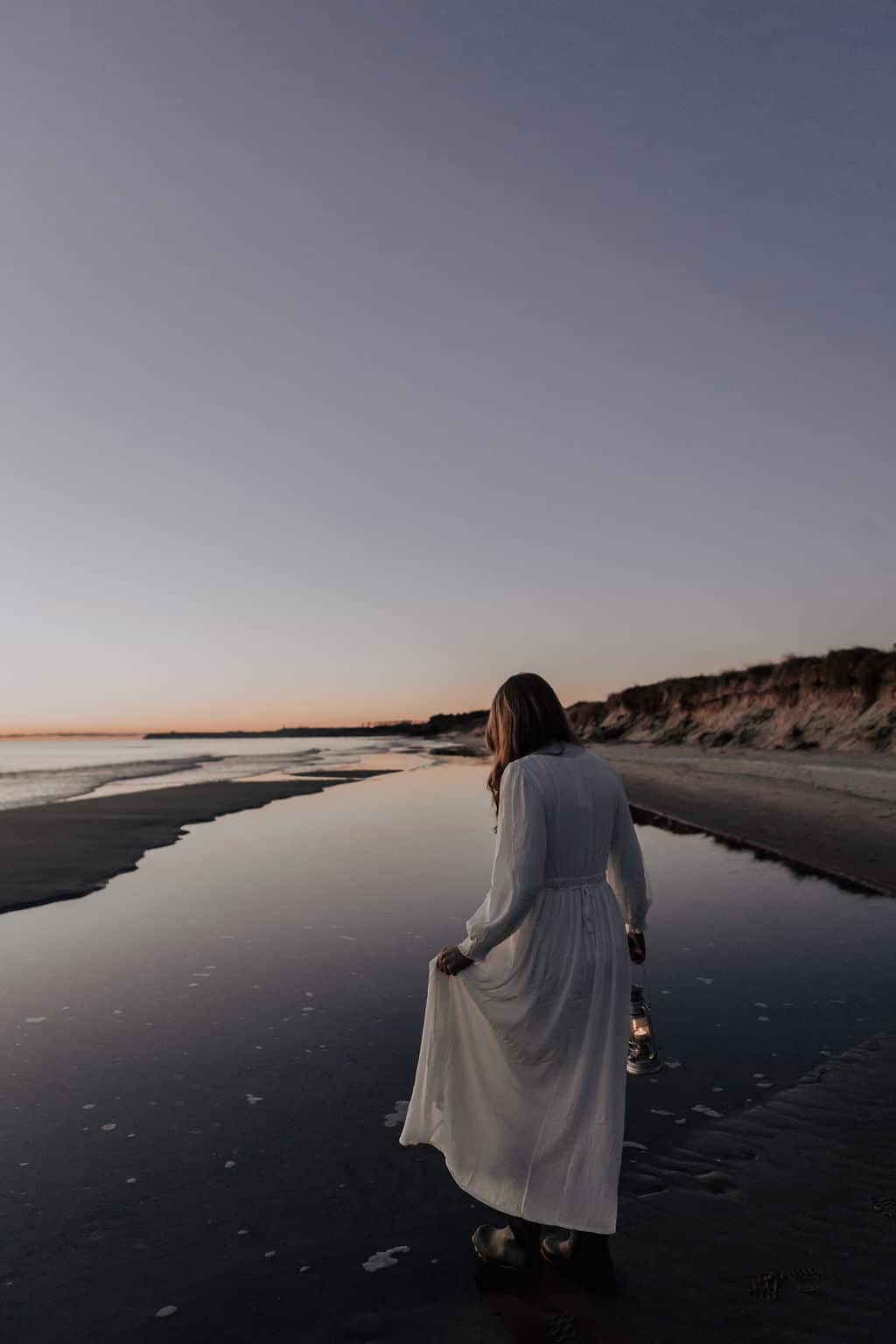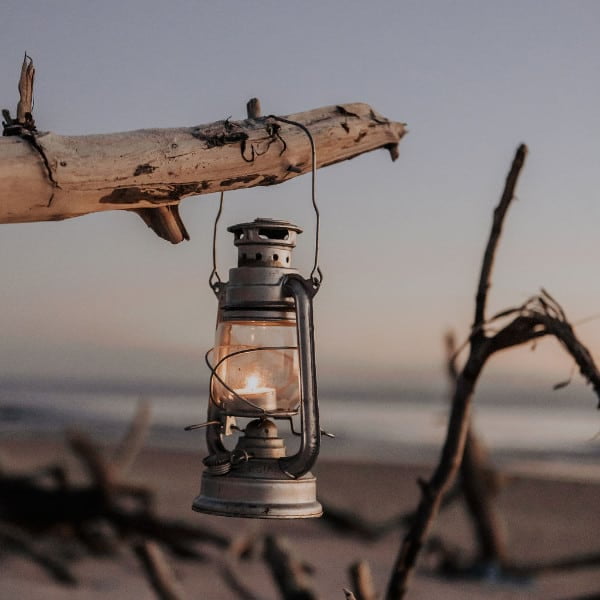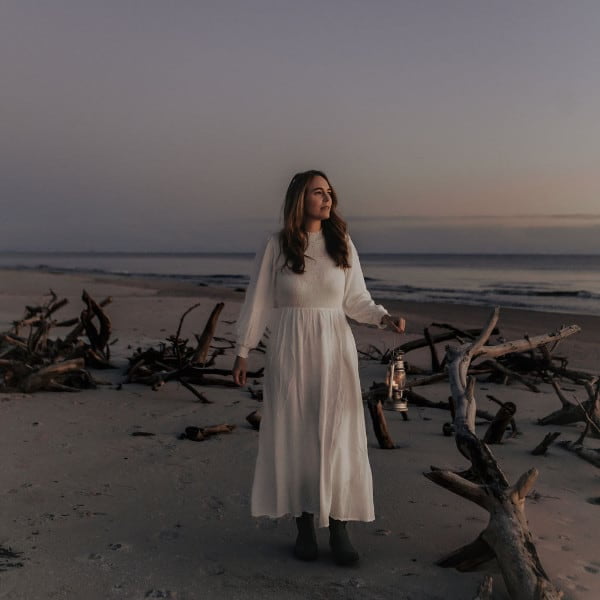* Free Event *

29th December 2022 - 3PM to 4pm CET - on Zoom
A Regenerative Moment of Reflection & Rest
We are living through extraordinary times. Turning times.
Times that are asking more of us as people, citizens, parents, leaders, changemakers. We can’t make a positive contribution or inspire change if we are exhausted, depleted or burnt out, yet this is what most of us feel, a lot of the time.
So many of us are caught up in over-loaded schedules, impossible deadlines and multi-layered demands. We have become machines, part of an automated production line.
It is time to remember. Remember ourselves as living systems.
Every cycle of life needs rest, stillness, recovery and nourishment. Just like every seed needs the darkness of winter to germinate and bloom one day, when it’s their time.
Rest is essential to us feeling alive, compassionate, joyful, resilient, connected.
Rest is essential to thriving. Your rest is essential to all of us thriving.
* Free Event *
29th December 2022 - 3PM to 4pm CET - on Zoom
As 2022 draws to a close, let's come together online for a moment dedicated to nourishing ourselves through reflection and conscious relaxation.
REFLECT * REST * RESTORE
We will be tuning into:
Our relationship to rest
Seeing ourselves as a living system
Self-leadership & rest
Rest as vital to life-affirming ways of living and leading
How we can rest more
Becoming intentional about resting in 2023
Conscious Relaxation
A deep, restful meditation for the whole body, mind and heart

What you will need for our Regenerative Moment:
- A comfortable, undisturbed space
- A journal, pen or your favourite journalling device
- A blanket, cushions
- A glass of water or decaf warm drink
You are able to participate in this event fully lying down for the whole duration.

This gathering is brought to you by Wish Tree and it is free of charge.
If you want to give back, you will be invited to plant a tree through our partnership with TreeSisters. There will not be a replay of this event.
Captions will be available. Please let us know if you have particular learning or sensory access needs.

Wish Tree is led by Emily Johnsson, a self-leadership coach, facilitator, deep feeler and creative thinker.
She is committed to supporting changemakers to feel resilient, inspired, purposeful and connected in extraordinary times.
Wish Trees can feel like sanctuaries as they allow us to step out from the busyness of our everyday lives and into a space where we intentionally connect with, and listen to our inner knowing.
Wish Tree exists because of our commitment to wholeness. Whole humans, whole communities, whole organisations, whole ecosystems. A whole world. Wholeness is essential to our ability to thrive as individuals, teams, neighbourhoods, families, businesses, and organisations. Wholeness is key to resilience, balance, creativity, innovation and aliveness: it is intrinsic to how life itself works. Rest is intrinsic to our experience of wholeness.
* Free Event *

29th December 2022 - 3PM to 4PM CET - on Zoom
Join us for a Regenerative Moment of Reflection & Rest
please note, there will be no replay of this event
Enter your details below to register:
We're sorry, this event has passed!